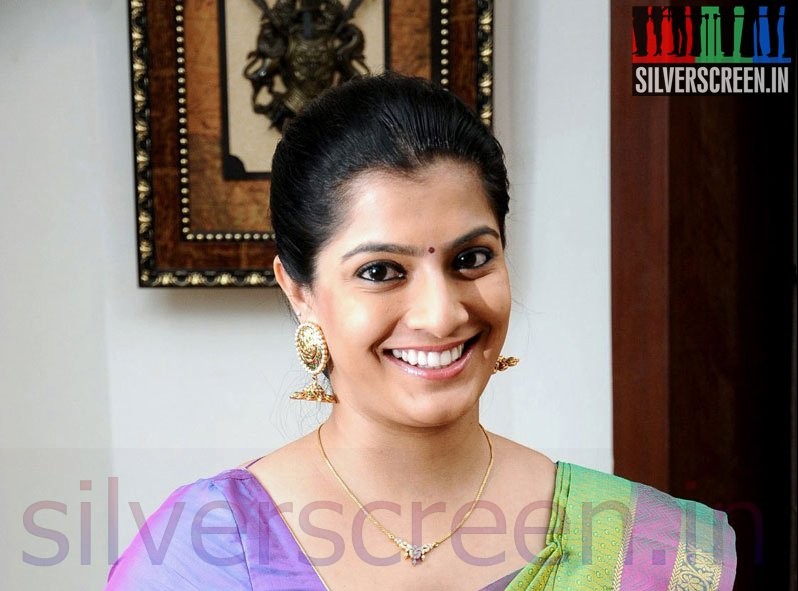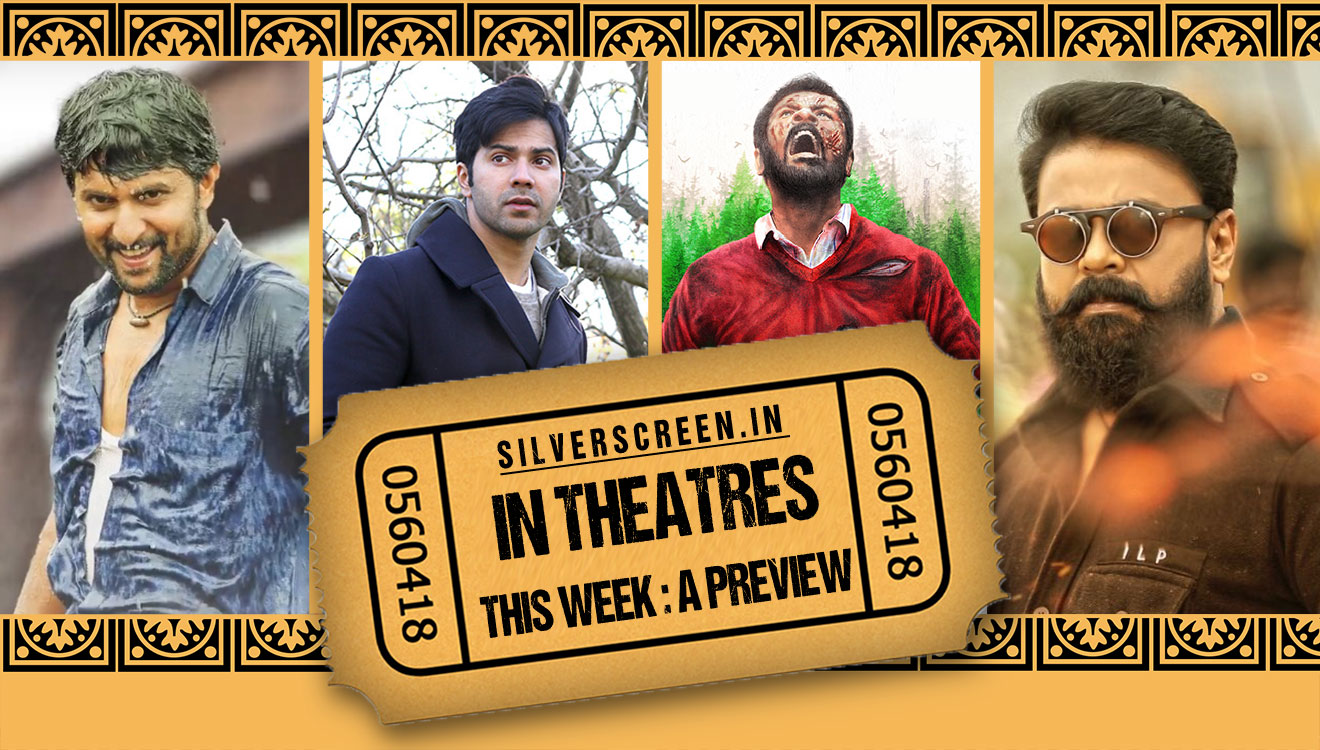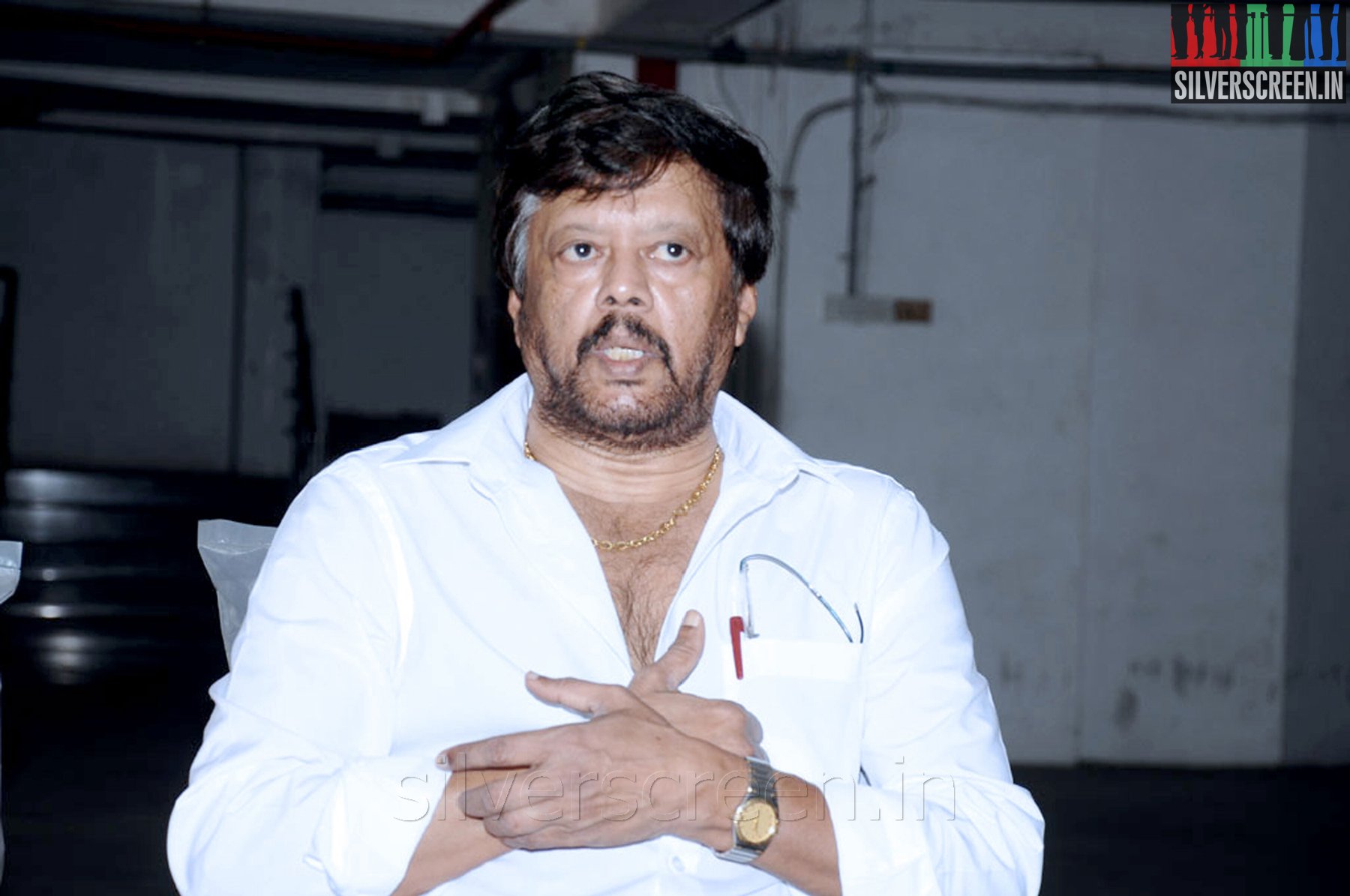Varalaxmi Got Kidnapped, ran a tweet by a popular film PRO. Other headlines said much the same. Varalaxmi Sarathkumar, apparently, had been kidnapped. Most of these came with one photo in which, indeed, the actress was shown gagged and tied to a bed. While a bit strange and unsettling, it was also curious.
Was this a repeat of the earlier incident in which an actress was allegedly kidnapped by her own staff? Or, as it seemed likely given the source of the news, was it a hoax? A promotion for a film? It had all the hallmarks of a tweet-campaign to promote a film. Almost the only source for all media outlets reporting on it was Twitter. And the fact that the hashtag was made to trend for a bit.
If this was, as most people (including the report by Maalai Malar) suspected, a promo campaign for an upcoming film, it was in extremely bad taste, and completely unnecessary.
We’re just coming out of about a month and half of reportage over the Malayalam actress incident. Much has been written about, and around it. The media’s callousness was commented upon, primers on what to reveal or not reveal in the case of sexual violence were made and circulated, and women from the film and other industries came together to talk about sexual harassment, violence, and the casting couch in the media and film industry.
It was in this context that Varalaxmi Sarathkumar too shared her own story of harassment, and began the Save Shakthi Campaign.
“I am an actress,” she said in her long, heartfelt response to the earlier abduction. “It does not mean just because I lead a glamorous life on screen, that I deserve to be spoken with disrespect. It is my life, my body, my wish. No man should assumed he can get away with disrespecting me.”
It was and is an important message. Every day, more and more women are coming out with horrifying stories of harassment, violence, abuse – both physical and mental. TVF’s Arunabh Kumar, Mahmood Farooqui, RK Pechauri, Tarun Tejpal, Kumar Sundaram, and other men in influential political, economic, and social positions have been exposed for their vile conduct.
But for every reported incident, there are scores more that are hushed up. We’ve even seen how the Academy had no qualms about giving an Oscar to a man charged with sexual assault.
In India, the full force of patriarchy is slowly combining with religious extremism and intolerance to deny women the opportunities men have. Given its way, it would deny women their personhood, strip them of their dignity and agency, and treat them as mere objects to be traded in.
Given the current political situation in India, there’s more rhetoric about cows’ rights and freedoms than women’s.
And so – the Save Shakthi campaign itself is much needed. Speaking about the campaign, Varalaxmi had said:
“Save Shakti is a two point agenda. We need extra Mahila courts at every taluk level and second point is that it needs to come up in time period of 6 months. Our world is governed by fear and we can’t change the world overnight, but no woman should be subjected to cruelty.”
Which makes that promo for the film – with its tabloid-esque hashtag and promotion, icky. Would Varalaxmi have really agreed to this? Who, in the entire team, thought it was a good idea and why were they not stopped?
In fact, Varalaxmi soon issued a statement. She told the website Behindwoods that she had no knowledge this was going on, and that some AD on the sets came up with the idea.
“I am in Delhi right now in connection with the Save Shakthi campaign. I would like to inform all my fans and well-wishers that I am safe and sound. I was not aware of this post as it was done by the ADs of the film. The clipping in the post is for a promo of my next Tamil film in which I get kidnapped. The announcement about this will come this evening around 6 PM.”
If Varalaxmi had no knowledge of this before it went online, and some AD making it without her consent, shows how important Save Shakthi, and other similar campaigns are. It is also important that the team that made this (surely not a lone effort) is given a strong talking to, and a stronger admonition to not do this again. Disciplinary action, however, seems to end with firing of the person or persons involved, but no real long-term attempt at education and rehabilitation.
Whatever the case, the entire incident leaves a very bad taste. Sometimes, bad publicity is just that – bad publicity, and not a clever marketing campaign.
*****



